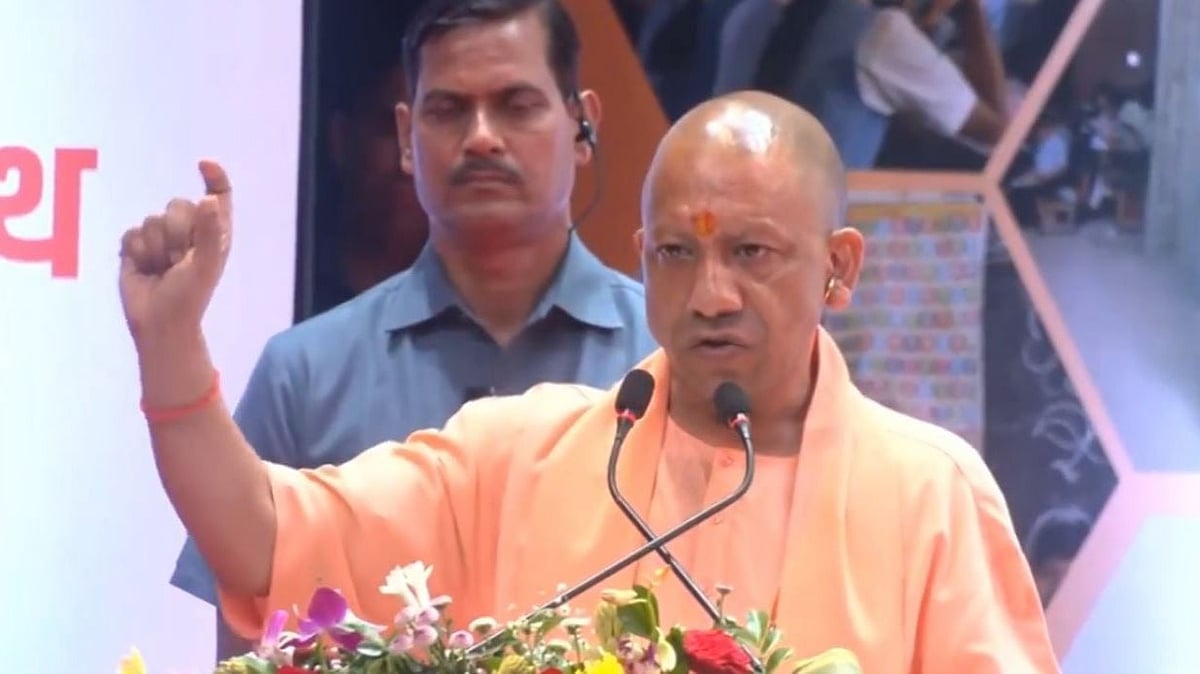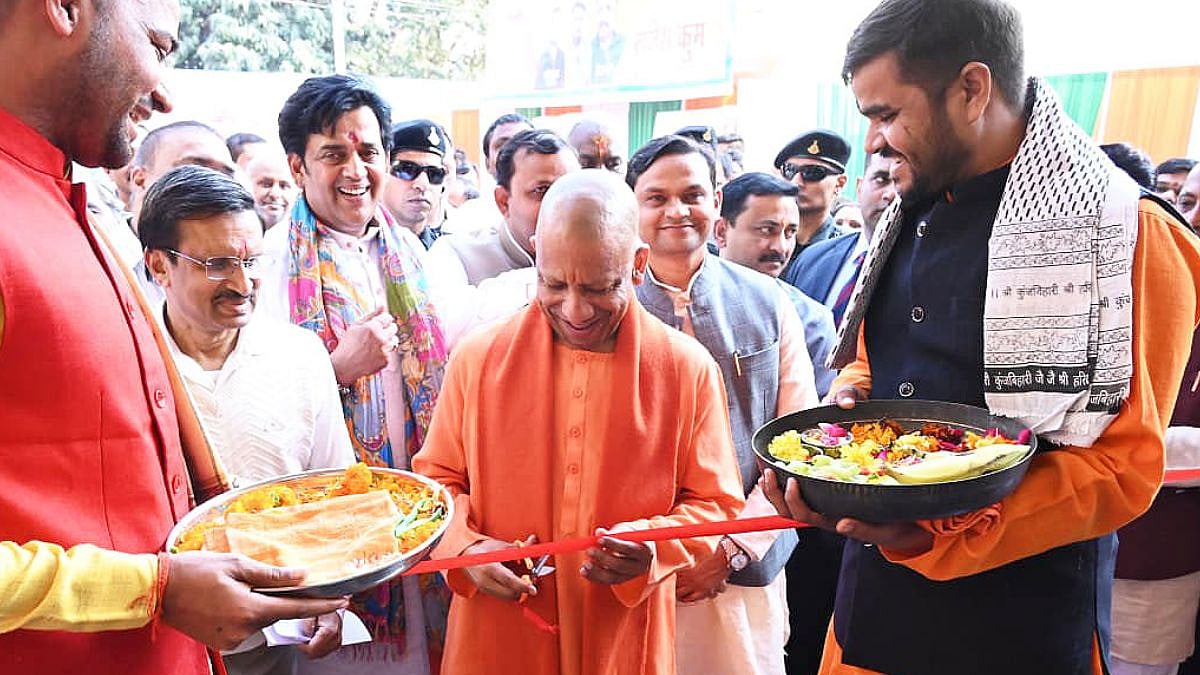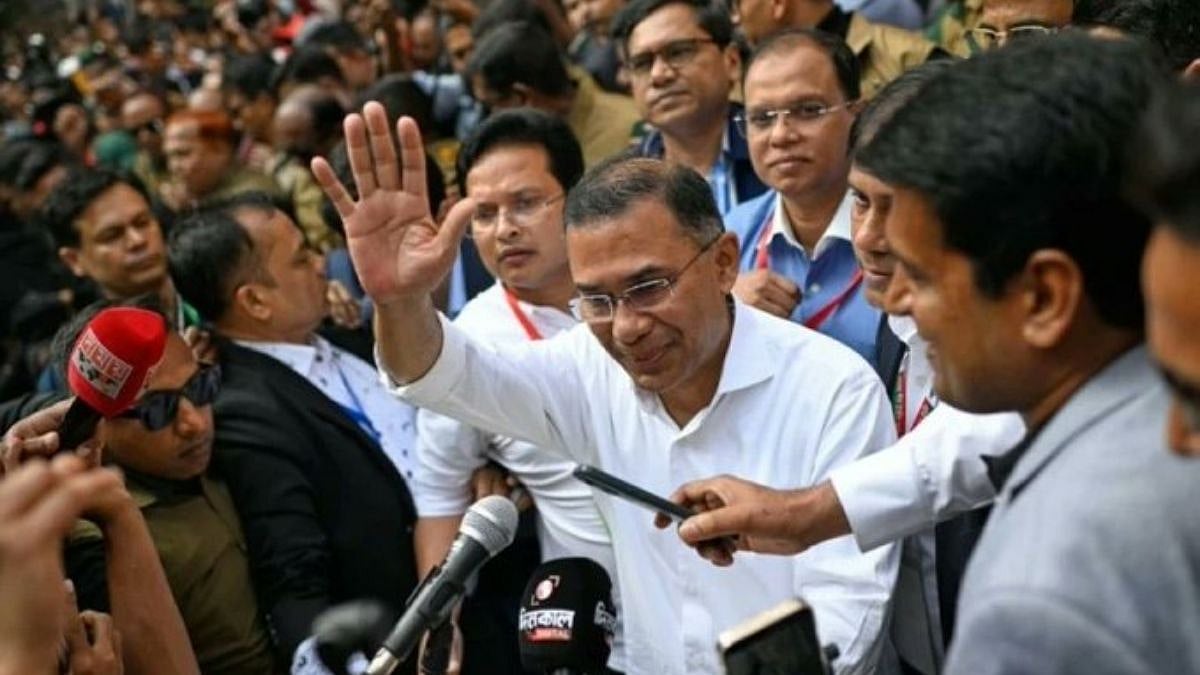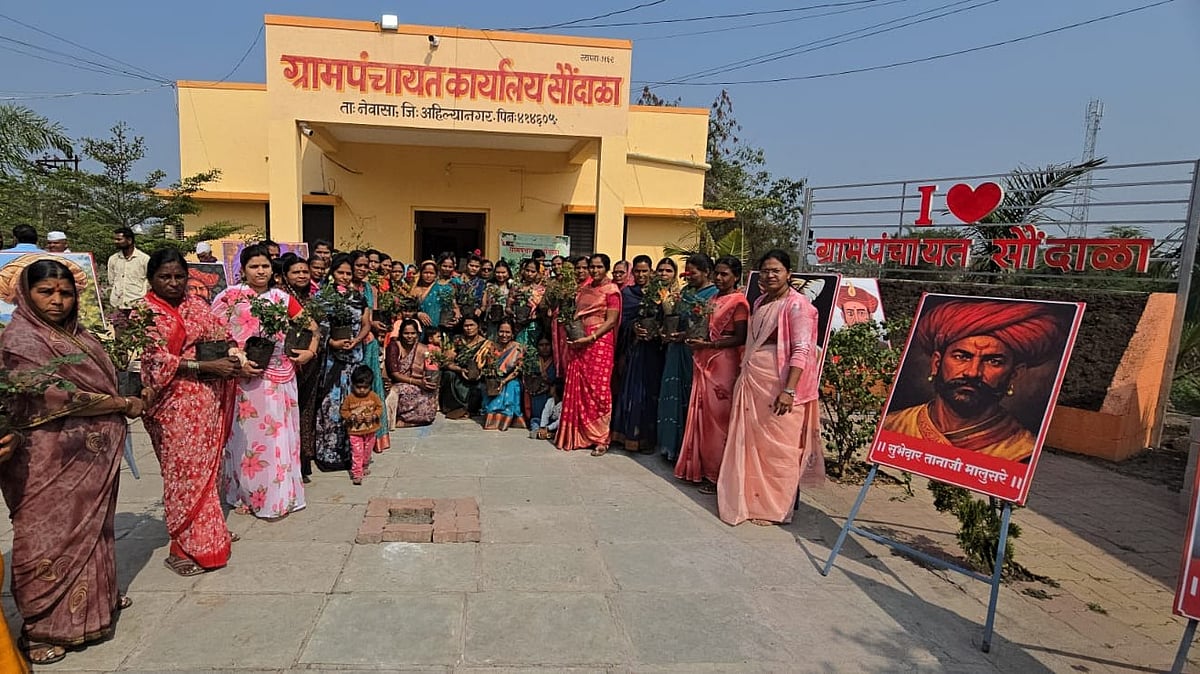India finds itself on a somewhat slippery ground in Afghanistan as the US and Taliban peace talks gain momentum. Delhi is backing President Ashraf Ghani and his government, and want the long postponed presidential elections in the country to be held by September. But neither the Taliban nor the US is in the mood to bother about Ghani at the moment. The logic being that if a political settlement is signed, fresh elections would have to be called. The question before the deal makers is whether to have an interim government to hold the elections, and more importantly, if yes, who will it constitute. The Americans want to wrap up the peace process by September. That perhaps is way too optimistic, considering that the Taliban has stubbornly refused to talk to the Afghan government.
The US and the international community had time and again insisted that any peace agreement hammered out with the Taliban must be “Afghan-led and Afghan-owned.’’ Which is to say that the people of Afghanistan will decide their future and not the US or regional powers, whether it is Pakistan, Iran, China or Russia.
Washington’s aim is to get a negotiated settlement and get American troops out of the country to end this war which has lasted over 18 years and has cost billions of dollars with no significant strategic gain for the US. The urgency for Trump is to get the military home before the US Presidential elections, due next year.
The US and Pakistan are repairing ties. Imran Khan’s visit to Washington and his meeting with Donald Trump on July 22 was a major success. He blamed his predecessors for the state of US-Pakistan ties but showered fulsome praise on Imran Khan. He also said he would be willing to mediate on Kashmir. Pakistan will now use the Afghanistan card to get itself in US’ good books, then use it to ensure that a Pakistan-friendly government is installed in Kabul. During Hamid Karzai’s presidency and now with Ghani, Delhi and Kabul had joined hands against Pakistan. Both countries have also pointed fingers at Pakistan for terror attacks launched by pro-Pakistani elements in the Taliban.
Islamabad’s aim is to further its strategic interests by wiping out India’s footprints from its backyard. Islamabad accuses India and Afghanistan of aiding the Balochistan Liberation Army and other anti-Pakistan forces to destabilize Pakistan. The US had designated the group as a terrorist organization, ahead of Imran Khan’s visit.
How far Pakistan will succeed in getting its way in Afghanistan depends on whether the Taliban can be persuaded to talk to the Afghan government. The Taliban does not recognize the government and derides it as a puppet of the US. But intra-Afghan talks between the Taliban and various tribal chiefs and political leaders including former president Hamid Karzai and several NGOs have taken place. However there are still many ifs and buts and whether a peace deal will be worked out remains to be seen.
The infighting within the Ghani government has not made matters easier. The elected government has so far not been able to present a united front and adopt a strategy on the peace dialogue.
India has warned the US not to be in a hurry to quit. There is growing concern in the South Block that America may finally withdraw its troops with or without a deal. Delhi has told the US that if it abandons Afghanistan before working out a just settlement, which respects the gains made since 2001 (on democracy, womens’ rights and equality for all citizens) the country could well turn into a terror hub like in the past. Delhi wants the red lines to be clearly marked before the Americans leave. Respect for the existing Afghan Constitution is vital for stability in the region.
Secretary of State Mike Pompeo recently let out a statment. “That’s my directive from the President of the United States. He’s been unambiguous: End the endless wars. Draw down. Reduce.” Pompeo added “We hope that overall, the need for combat forces in the region is reduced.” This was the first time that a deadline for troop reduction was made public by the Trump administration. One of the principle conditions for the peace process was the Taliban’s insistence that all foreign troops must vacate Afghanistan. But Pompeo retracted his statement the next day, and as usual blamed the press. “They got it wrong,” he said.
Though peace talks are continuing and there is optimism all around, until an agreement is signed nothing can be assumed. Meanwhile violence continues on both sides. The Taliban has in fact stepped up its attacks and the US is continuing its bombing spree. There is little India can do at the moment but watch from the sidelines for now.









